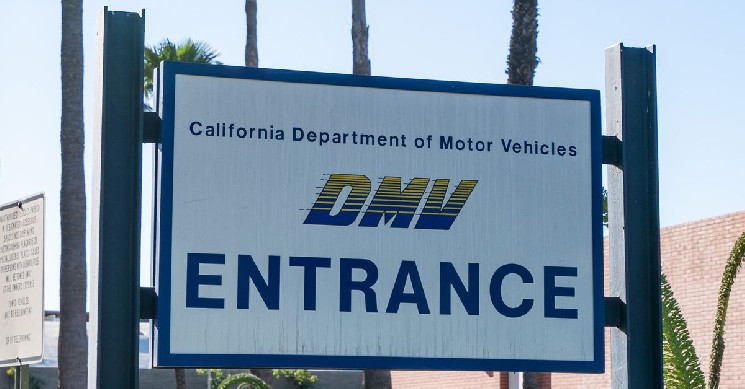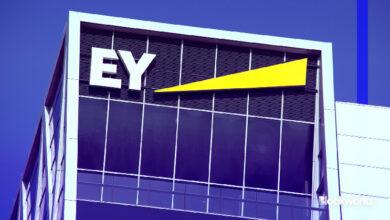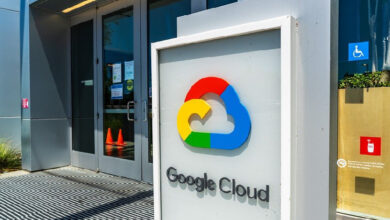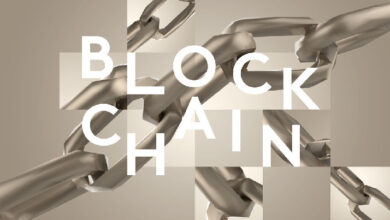Crypto Software Firm President: We’re Trying to Make California’s DMV More Efficient With Blockchain

Blockchain
Does anyone really enjoy dealing with state motor vehicle department bureaucracy? The motor vehicle agency in California, which has the highest number of car registrations in the U.S., may soon be able to use blockchain technology to verify car titles and registrations.
“The partnership with the DMV [Department of Motor Vehicles] is almost a perfect matchup of a system based on paper that has been crying out for more efficiency,” Andrew Smith, president of crypto infrastructure company Oxhead Alpha, told CoinDesk TV’s “First Mover” on Thursday.
Oxhead Alpha focuses on advancing protocols, research and development, and is turning to the Tezos blockchain as to make a “very clear case of better, faster [and] cheaper” to the state, he added.
That was part of the reason why the firm selected Tezos, Smith said. It boiled down to three areas: a responsible consensus algorithm, on-chain governance that can reduce forking issues and an overall robust security model. Tezos currently ranks 40th by market capitalization, according to CoinMarketCap data.
Via the Tezos blockchain, paper car titles will be reflected as digital assets on-chain, said Smith.
“The digital model that we’ve put together on blockchain nears that where you need an attestation from both parties,” Smith said. He said vehicle odometers are one of the ways to verify a driver’s information.
A proof-of-concept testnet conducted last week shows how the partnership’s with the state agency can succeed, according to Smith. “The administration out there is actually very forward thinking and we should have systems in production this first quarter,” he said. Production, he explained, means “a shadow ledger, which will be our first step in the path to full deployment.” The ledger would essentially reflect California’s current driver database.
But don’t get your hopes up too much – moving the information on-chain will not eliminate the DMV’s role.
“The DMV is not removed from the transaction process,” Smith said. “While the end users are able to initiate transfers, the DMV still has oversight because the implementation is a lot like an escrow contract.”
He said certain things still need to be done with a vehicle title “in order to effect a real transfer,” but with the blockchain-based protocol it can be done “digitally and asynchronously.”
State lawmakers, he said, are not sure what to make of the blockchain plan.
“I think they see very clearly this split between speculation and application. And when you get into the application and you can explain the benefits, they see,” he said. “They see the massive costs on the infrastructure and the aging [DMV] infrastructure and maintenance that they have, and they’re looking for ways to bring that into the future.”
In May, Governor Gavin Newsom signed an executive order promoting blockchain technology. However, in September he vetoed crypto licensing legislation that would have created a California version of New York’s BitLicense.
Read more: What Is Blockchain Technology? / Learn
Learn more about Consensus 2023, CoinDesk’s longest-running and most influential event that brings together all sides of crypto, blockchain and Web3. Head to consensus.coindesk.com to register and buy your pass now.





